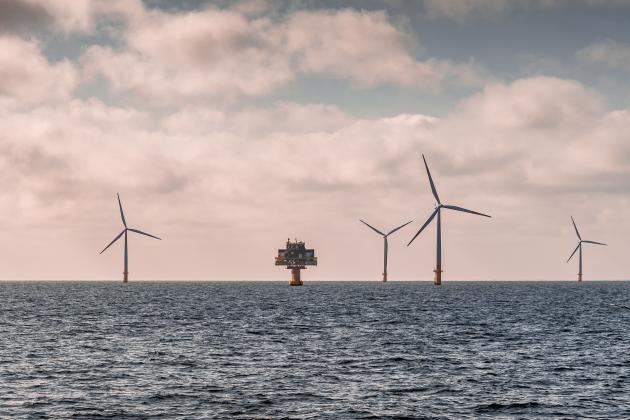
Publié le 18/07/2025, mis à jour le 18/07/2025
Feasibility study for offshore wind energy in the Turks and Caicos Islands
-
The Turks and Caicos Islands face high vulnerability to climate change, not least because of their exposure to hurricanes and almost total dependence on fossil fuels for electricity generation (96% by 2023). Today, the territory is seeking to diversify its energy mix and accelerate the transition to renewable energy sources.
-

Against this backdrop, the TCI government has launched a feasibility study into the development of Floating Offshore Wind Energy Farms, with support from the Green Overseas Program. The aim is to assess the technical, economic and environmental viability of this technology in the deep waters surrounding the islands, and to compare its performance with fixed offshore wind technologies. Given the scarcity of available land, the use of onshore wind power or ground-mounted photovoltaic power plants is limited. On the other hand, the TCIs have significant offshore wind potential, with average wind speeds of 7 to 8.5 m/s at a height of 100 meters, compatible with international standards. Local depth conditions, however, call for floating solutions rather than traditional fixed foundations.
-
The results of this study will enable the government of the Turks and Caicos Islands to make informed decisions about the future development of floating offshore wind, consistent with its Vision 2040 and international climate commitments, including the Paris Agreement and Sustainable Development Goal 7. The study will aim to determine whether this technology is technically feasible, economically viable and socially acceptable in the specific context of ICT. If the conclusions are positive, it will offer concrete recommendations for initiating the next stages of the project and mobilizing potential investors.
